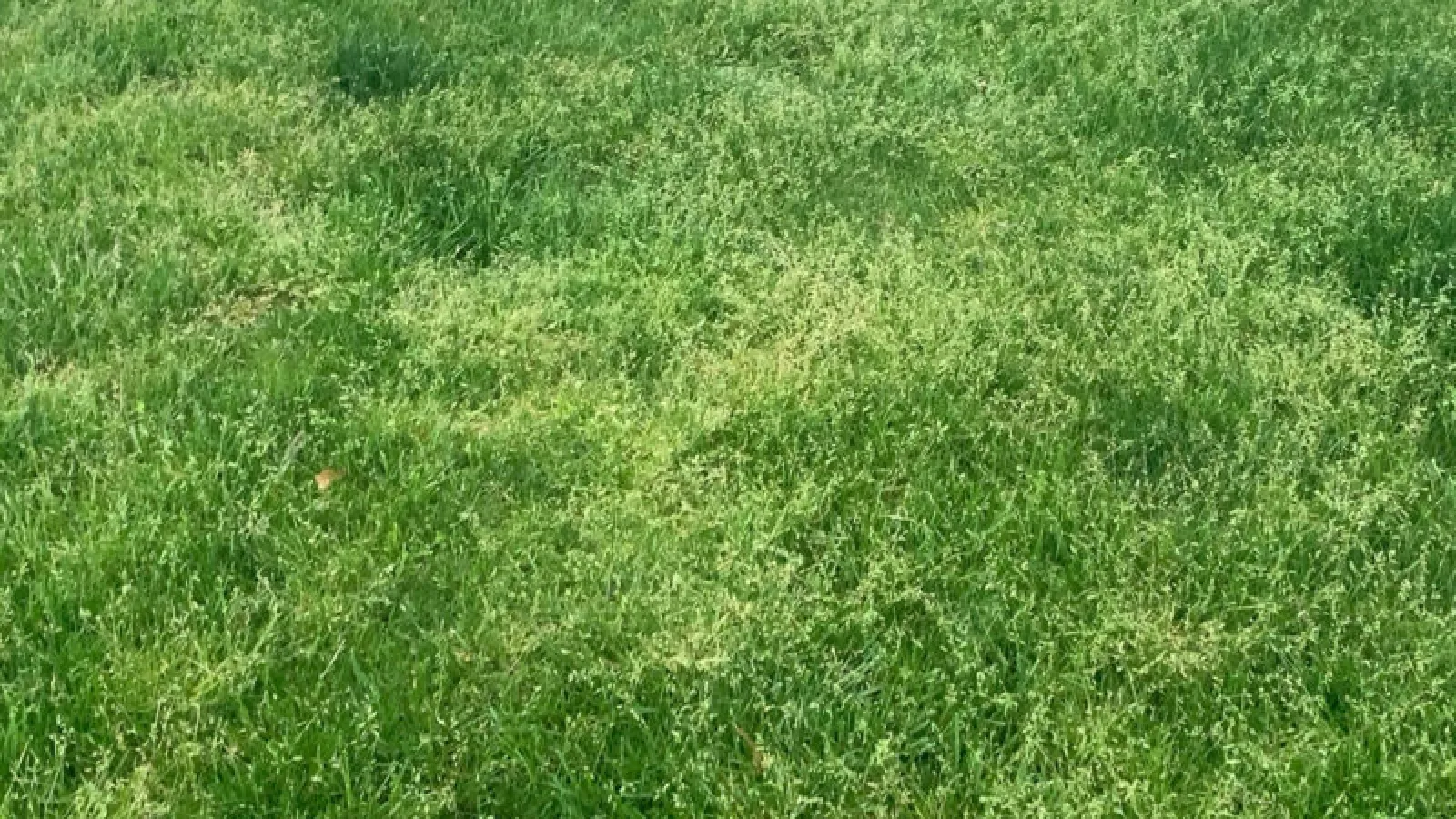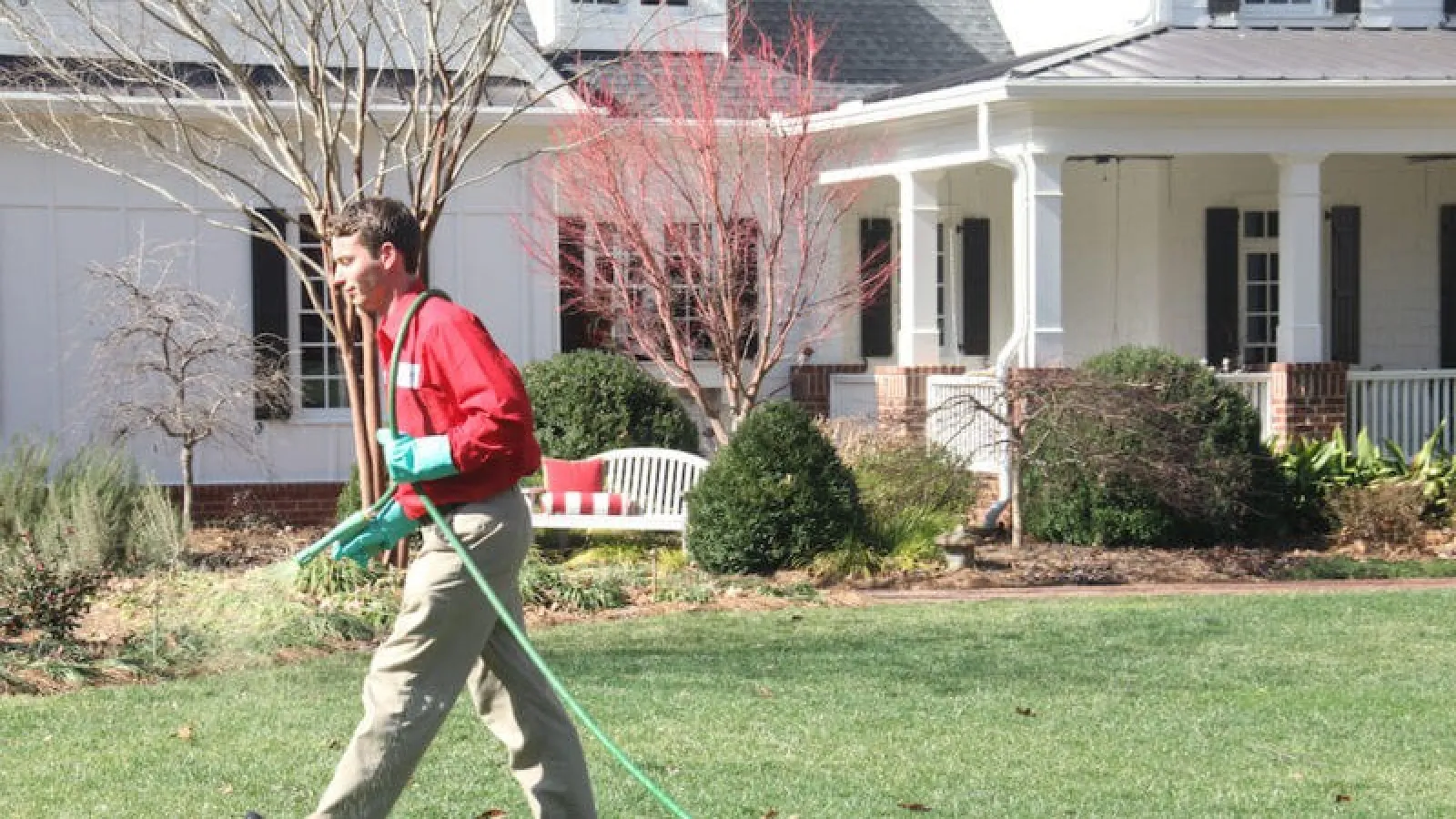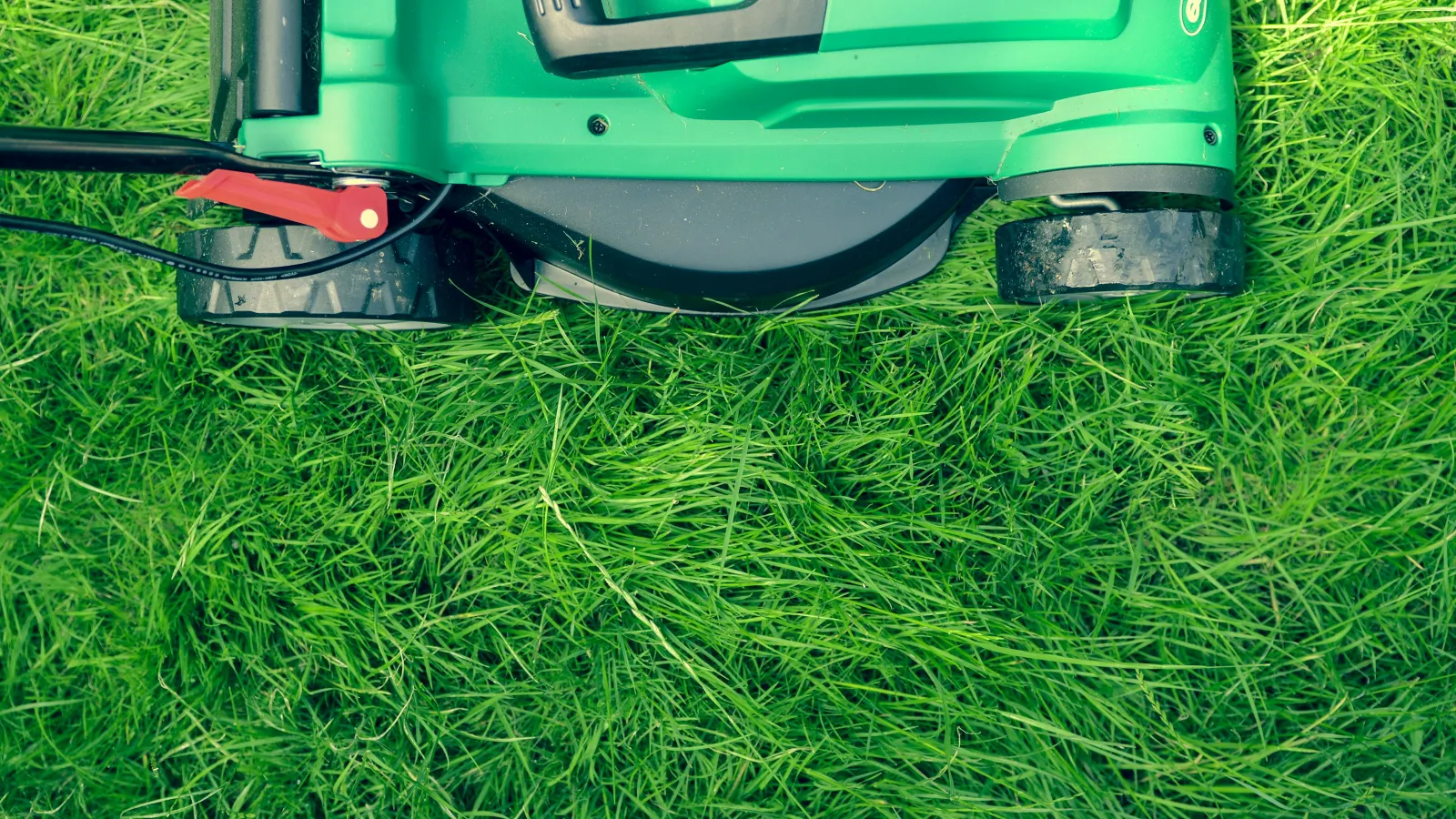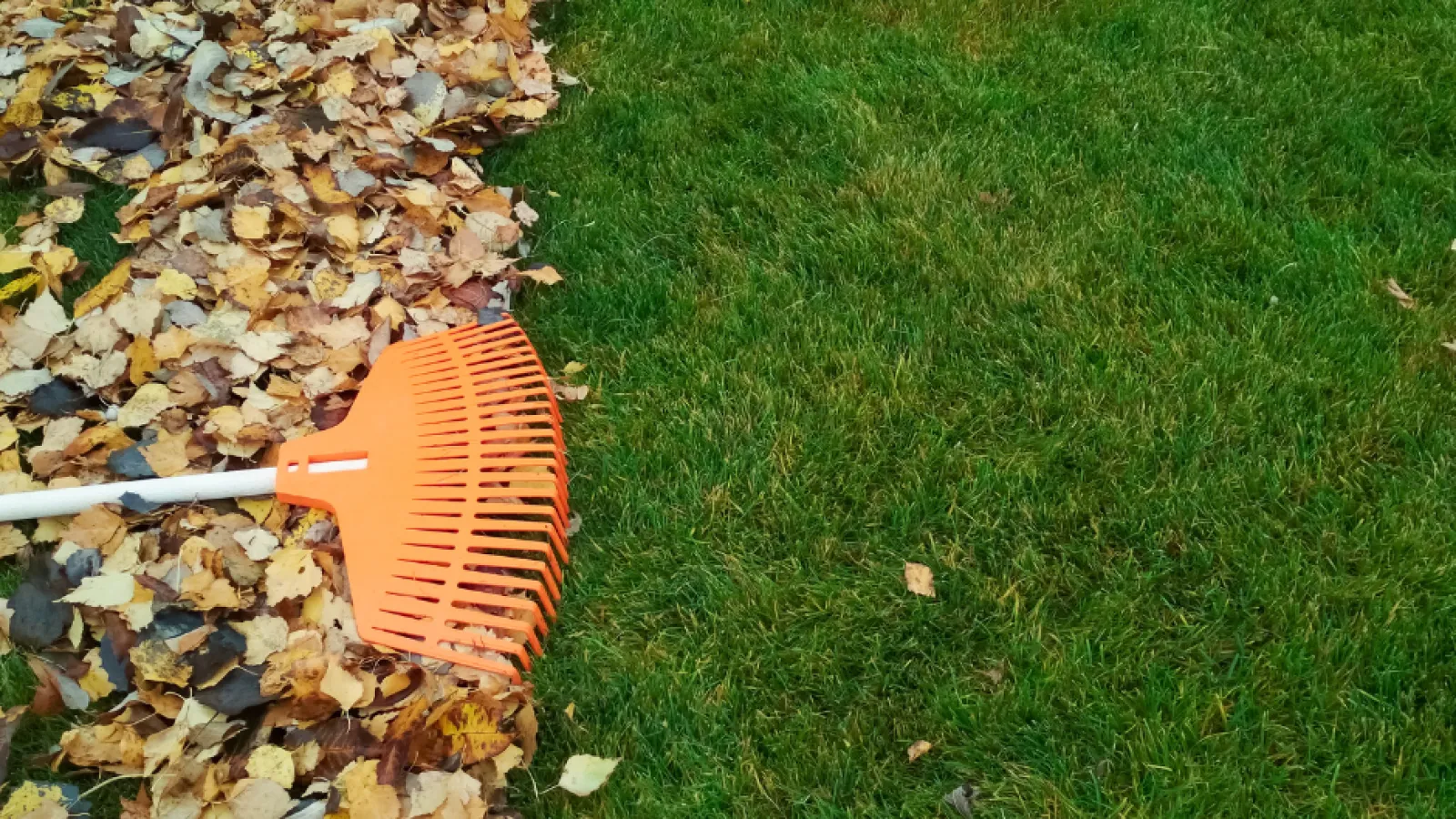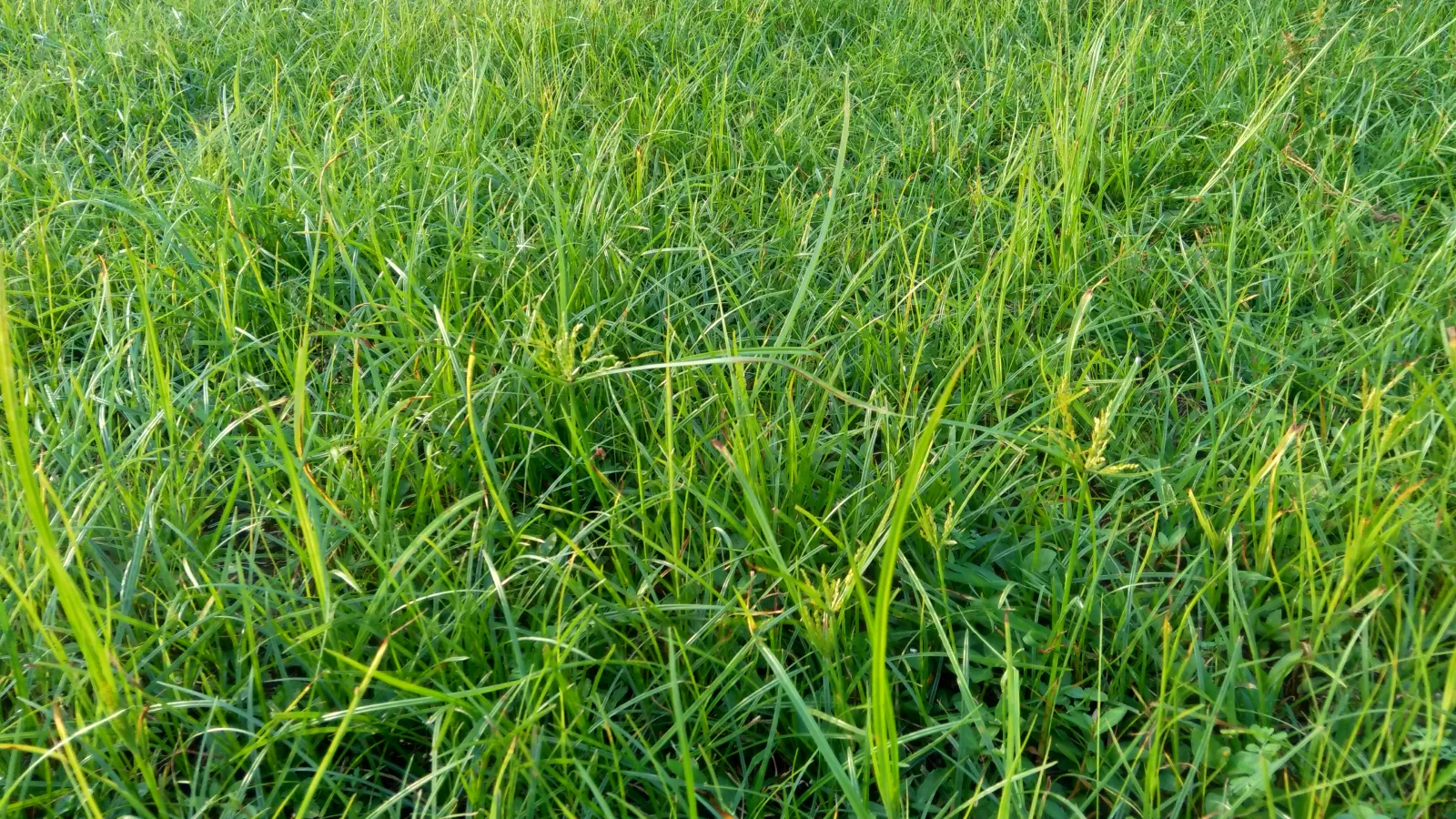The Key To A Great Lawn is
Understanding It
Knowing the basics of your lawn and how to care for it daily is more than half the battle. Turf Masters professionals understand exactly what your lawn needs and when to apply it to keep it looking its absolute best.
Know Your Grass Type
We treat lawns with the following grass types.
warm Season
Bermuda
Bermuda
- Fine, dense, warm-season grass
- Loves the sun
- Benefits from core aeration in the spring
- A high user of nitrogen (fertilizer)
- Recommended mowing height of .75 - 1.5 inches
Caring for Bermuda
Zoysia
Zoysia
- Very fine to medium textured, warm-season grass
- Loves the sun
- More shade tolerant than other warm-season turfs
- Benefits from core aeration in the spring
- Recommended mowing height of .75 to 1.5 inches
Caring for Zoysia
St. Augustine
St. Augustine
- Coarse, dark-green grass
- Prefers full sun to partial shade
- Thrives in lawns with good drainage and proper irrigation
- Recommended mowing height of 2 - 3 inches
Caring for St. Augustine
Read What Our Customers Have to Say About Us
We believe reviews and feedback from our customers are invaluable. See what your neighbors are saying. We're sure you'll feel the same way.
Since we have had your service we get timely treatments. The technician always rings the doorbell upon his arrival. he treats the whole yard every time he is here. I also have very little or no weeds since your service began. Thanks again for giving me what I am paying for!!! GREAT JOB
David B.
General Lawn Care FAQs
Does it matter when I start a lawn care program?
You can begin your lawn care program at any time during the year; however, we recommend giving our program a full year of service to see optimal results. This allows your lawn to receive all 8 treatments and reap the benefits of each.
Why is fertilization important?
All lawns need proper and timely nutrients to stay healthy. While your lawn will receive certain nutrients, such as carbon, hydrogen and oxygen, on its own, it needs other nutrients, too. Nitrogen, phosphorus and potassium are nutrients our professional fertilization can provide for a healthy and dense turf.
I don't know my grass type. What do I do?
No problem! Our experienced and knowledgable Lawn Care Consultants will evaluate your lawn at no cost, identify your grass type and make recommendations.
How often & what time of day should I water my lawn?
In general, lawns require at least 1 inch of water per week to stay healthy. To find out if you are watering your lawn enough, place an empty tuna or cat food can outside on your lawn before your water system turns on. Time how long it takes to fill up the tuna can--then you'll know how long you need to water.
Irrigation should be done early in the morning rather than in the evening. The best time is 3am to 10am. Watering in the middle fo the day can increase the chances of fungal diseases.
Can I DIY my lawn care?
Sure. Some homeowners care for their lawn on their own. With professional service, we apply the correct product in the appropriate amount at the right time for optimal results. Many homeowners say the time and money savings of professional lawn care is worth hiring a professional.
How do I take care of my grass during the winter months?
It is important to receive pre-emergent treatment in the fall and winter. Winter weeds make your lawn look its worst when the turf is dormant. Cold weather forces warm-season turf like Bermuda and Zoysia grass into dormancy. Dormancy is natural during the winter months. Unfortunately, weeds don't take a break. Cold weather brings out a new crop of winter weeds. Not only are these weeds unsightly, but they can also displace desirable turf grass and ruin your lawn.

